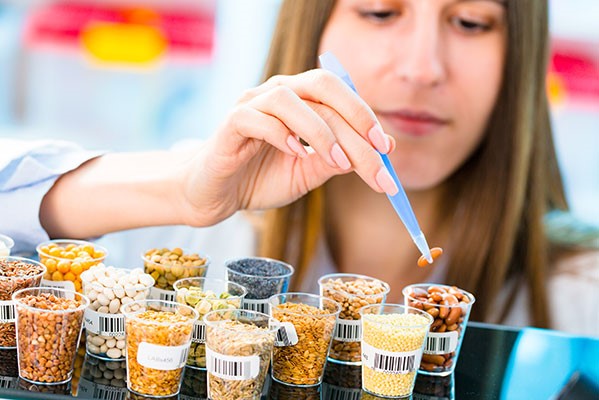Fish, poultry, meat, dough, milk, cheese and eggs.
You might be thinking why we are talking about this. But, if you are in the food industry, you may have a fair idea of where we are going with this. They’re ingredients for your final products and they are your gateway to R&D tax credits and relief.
Since 2000 to 2015, £14bn in R&D tax credits was distributed to innovative companies by HMRC. This is because the government believes that innovative companies are responsible in part for the growth of the economy. Not only that, these companies should be rewarded because they are partially responsible for creating jobs and adopting more efficient processes of production in their pursuit of growth.
But where does food come in?
Food is one of these industries where new ingredients are created and new recipes constantly tried in order to achieve technical advances from food tastes, to the longevity of the food, to lowering costs of packaging processes.
Claim your share of the R&D tax credits
The food industry is one of the most untouched industries in terms of its potential for claiming R&D tax credits (see: research and development tax credit food). Doesn’t this sound like something that you already do? It can be as simple as experimentation of new flavours for cupcakes and full sized cakes at a bakery. As long as you meet HMRC’s criteria, you’re good for a claim. The tax incentives aren’t just for the larger businesses; smaller companies who make a successful claim can receive a deduction of 230% of their qualifying R&D costs.
Farming as part of the food manufacturing chain
While there are opportunities in the way that our foods are packaged and preserved in temperature controlled environments, there are also many tax relief opportunities for farmers. They may be eligible for R&D tax credits by experimenting with the way they rearing livestock for maximum healthy produce.
There are many opportunities for innovation in the food industry chain even if we don’t alter the natural balance by injecting harmful hormones into livestock.
Claiming R&D tax relief
The confines of a lab are no more a definite requirement to get research and development tax credits. But, you do have to clearly state your claim and provide necessary evidence to HMRC for your claim to be approved. At the end of the day, the good news is that R&D tax food companies do not need to be confined to a laboratory to get a helping hand from the government through an R&D Tax Credit.
To learn more or get started with your R&D tax credits applications and documentation, please visit us at R&D Tax Solutions or call our friendly team on 1016 298 1010.




